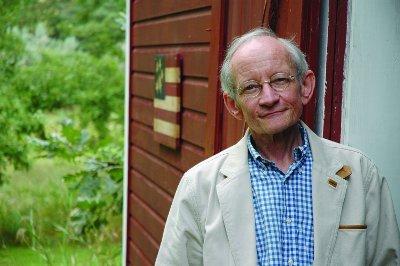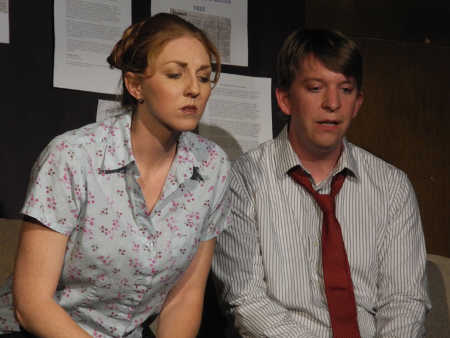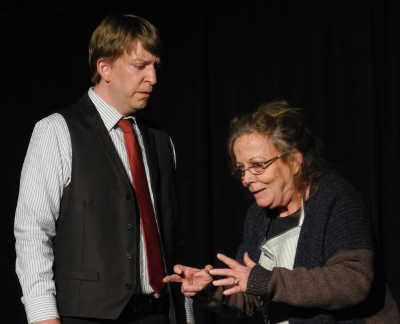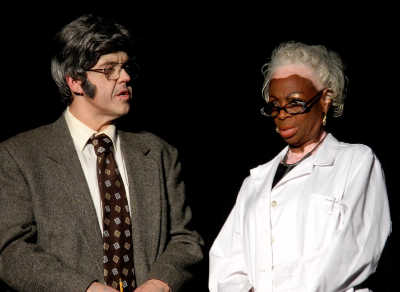The TCM cable channel is celebrating its 20th birthday as a network, and complimenting this event is the fifth anniversary of the TCM Classic Film Festival set for April 10 through 13 in the heart of Hollywood.
April is a great time to visit the iconic venues of the Egyptian Theatre and Grauman’s Chinese Theatre. I am still calling it Grauman’s even though some faceless corporate entity has shamefully renamed it the TCL Chinese Theater, showing a lack of respect for a great tradition.
The festival itself is nicely timed to coincide after the release of the latest “Captain America” Marvel film, with maybe only the opening of Kevin Costner’s “Draft Day,” appealing to NFL fans, as a box office competitor.
“Family in the Movies: The Ties that Bind” is the central theme for the 2014 TCM Classic Film Festival, which vaguely proposes to summon its family of movie lovers from around the globe to come to Hollywood for a cinematic celebration of the ties that bind us together.
Festival passes don’t come inexpensively, and so you have to wonder if the family theme is all that accurate.
On top of that, one of the featured films is “Blazing Saddles,” Mel Brooks’ outrageously spoof of Western cinema. Wildly hilarious, a family friendly film it is not.
One of the festival highlights will be Mel Brooks in attendance for the screening of his comedy classic. Hopefully, he may provide an update on taking “Blazing Saddles,” as he did with two previous films, to Broadway as a musical comedy.
On his own Web site, Brooks has announced the May 6 release of a new 40th Anniversary Blu-ray edition of “Blazing Saddles,” highlighted by a new featurette “Blaze of Glory: Mel Brooks’ Wild, Wild West” in which he reflects on his own movie-making chutzpah.
Additional features on the Blu-ray will include 10 quotable art cards with funny quotes and images from the film, plus vintage extra content including Brooks’ commentary, cast reunion documentary, and “Black Bart,” the 1975 television pilot inspired by the movie.
The dysfunctional family dynamic will be excellently represented at the TCM festival by the film adaptation of Tennessee Williams’ Broadway hit play, “Cat on a Hot Tin Roof.” Paul Newman and Elizabeth Taylor, displaying great chemistry, played the troubled married couple.
“Father of the Bride,” the classic 1950 version, not the Steve Martin remake of two decades ago, will delight audiences with the father-daughter family model, with Spencer Tracy bringing depth to a charming domestic comedy in which Elizabeth Taylor, as the daughter, was marking her transition into adult roles.
Having grown up on the big screen, Elizabeth Taylor proved to be a huge boon to the film’s publicity, announcing her engagement just as the studio revealed her casting in “Father of the Bride,” and then marrying hotel heir Nicky Hilton shortly before the picture’s release.
A film that has nothing to do with family is Clint Eastwood’s spaghetti Western 1966 classic, “The Good, the Bad and the Ugly.” Eastwood starred as a hired gun looking for buried Confederate gold with the occasional aid of Mexican bandit Eli Wallach. Though not family, their relationship was definitely dysfunctional.
Several films from the 1930s are scheduled, with the oldest film to be screened being Alfred Hitchcock’s third feature, “The Lodger,” released in 1927, notable because it not only chilled audiences with a criminal villain modeled on Jack the Ripper, but it was the first time that the “Master of Suspense” made a cameo appearance on screen.
The great thing about the TCM Classic Film Festival is the opportunity to see vintage masterpiece films, too numerous to list here, screened in the proper venue of large theatres with wide screens.
One very notable archetypal film is Charlie Chaplin’s “City Lights,” a work in progress for three years just as sound was beginning its reign. Chaplin persisted in making this a silent film because he felt the Little Tramp would be less effective if he spoke.
The story of the Little Tramp’s efforts to raise money so a blind girl could have a sight-giving operation was one of Chaplin’s biggest hits. The film’s combination of slapstick and pathos was effective and won praise as one of the greatest romantic comedies ever made.
Special events that are open to the public will also highlight the festival’s presence. For the first time ever to coincide with the festival, the US Postal Service will conduct a first-day-of-issue dedication ceremony for the Charlton Heston Forever Stamp at Grauman’s Chinese Theatre (yes, I said Grauman’s).
On the next day, Saturday, April 12, Turner Classic Movies will honor Jerry Lewis with a hand and footprint ceremony in the courtyard of the Chinese Theatre.
The TCM Classic Film Festival is just loaded with celebrity guests who will appear or introduce films. Shirley Jones will kick off the opening night festivities by appearing for a world premiere of a brand new restoration of the beloved Rodgers & Hammerstein musical “Oklahoma!,” a treasure nearly sixty years old.
Tim Riley writes film and television reviews for Lake County News.


 How to resolve AdBlock issue?
How to resolve AdBlock issue? 









